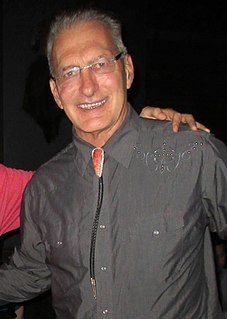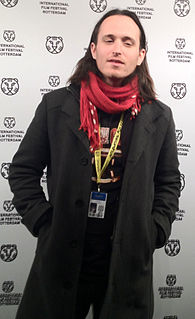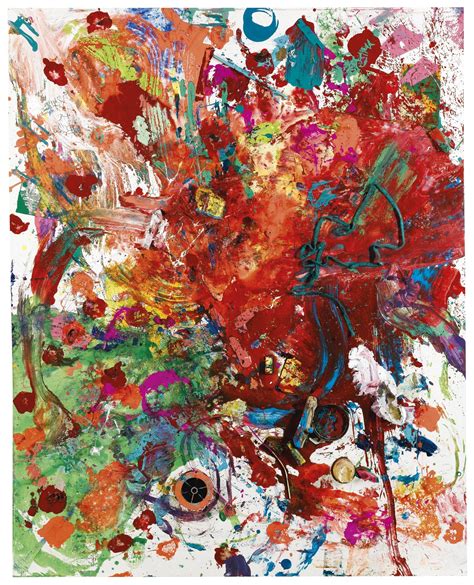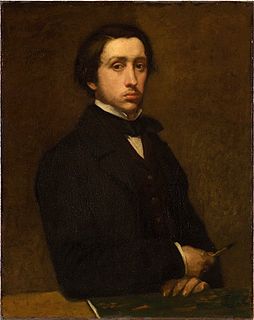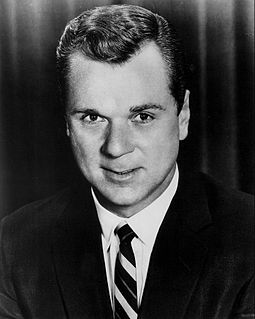A Quote by Michael Douglas
I've always been somebody who, when I started a picture, never knew what the next picture would be.
Related Quotes
There's always a time in any series of work where you get to a certain point and your work is going steadily and each picture is better than the next, and then you sort of level off and that's when you realize that it's not that each picture is better then the next, it's that each picture up's the ante. And that every time you take one good picture, the next one has got to be better.
I always remind people why The Oscars got started in 1928: It was an effort by the studios to suppress the unions. They started the Academy because all the screenwriters and directors and actors were unionizing, and they thought, "We'll have something that resembles a union, but that's completely controlled by the moneyed interests in Hollywood." That's what it's been all these years. It's something that reinforces Hollywood's image of itself. The Best Picture one year was Gandhi. Nobody watched Gandhi, but that's the kind of picture that always wins.
Love is important. I didn't have the energy to be giving it to somebody else in a way that they deserved, and I knew that. So I've always been scared to go too far with somebody I care for because I knew there would come a day when I'd need to pick up and finish a painting for the next three months. That day is inevitable.
I had no idea of who could play it, no notion really. Then Richard came to see us but I don't think it was decided at that meeting. The trouble is, as soon as you've chosen somebody it obscures anybody else you might have thought of. It's like going to a place that you've never been to before - you've got a picture of it and then you go there and that picture is totally wiped out by the reality.






